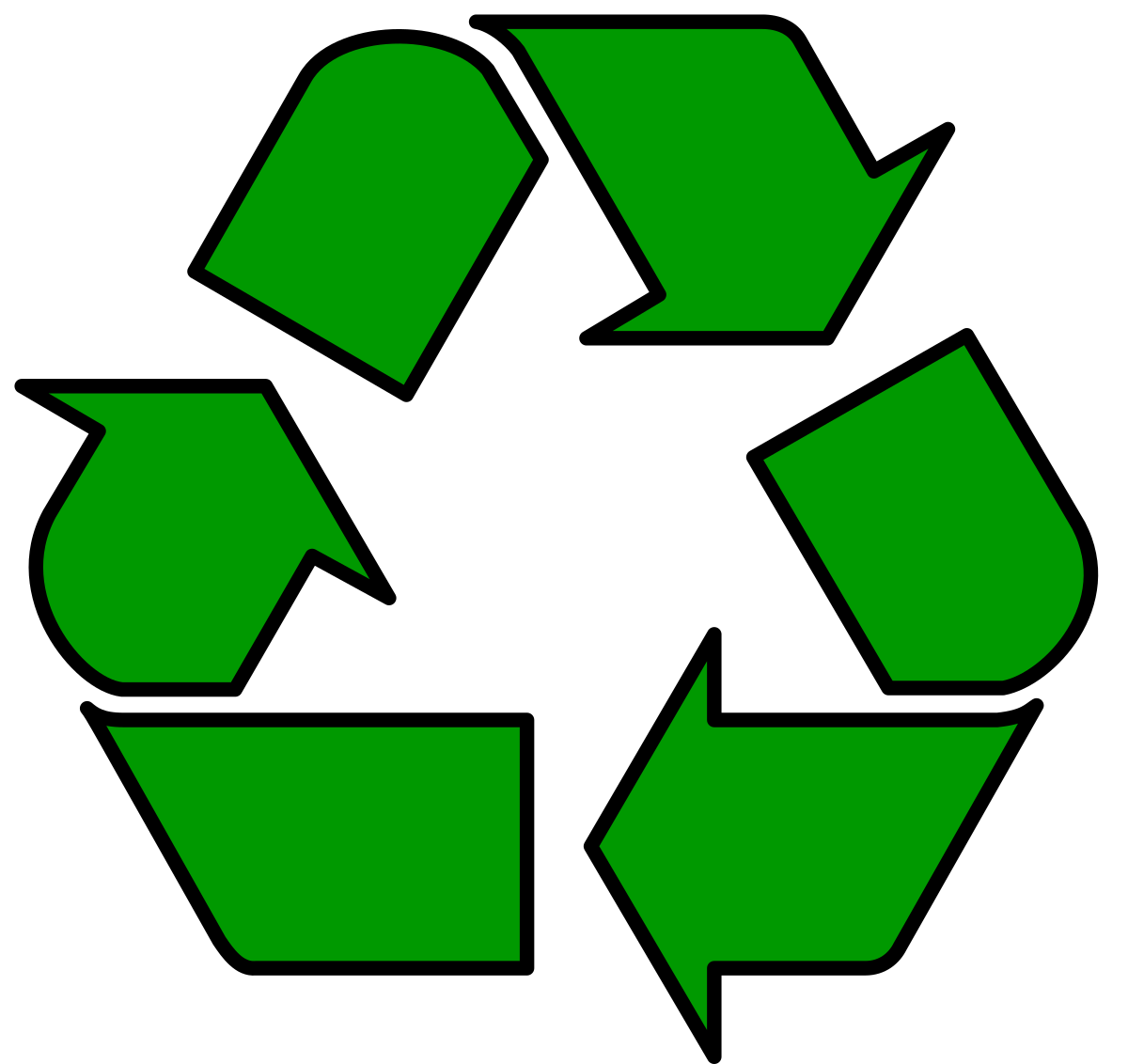California Wants to Trash Misleading Recycling Symbols

There’s something trashy about the recycling symbols you see everywhere. To put it simply, many of them are misleading or downright false. California, which has sort of taken on the role of protecting the nation’s consumers and environment, may soon require that the symbols actually mean what they imply.
At present, just about anyone can slap a recycling symbol on just about anything. As a result, millions of tons of garbage, especially plastic, wind up being thrown into recycling bins. They go on to clog up the recycling system, bringing production lines to a halt while workers pick out the offending items.
California State Senator Ben Allen, a Democrat, calls it a basic “truth in advertising” concept. He’s the primary sponsor of a bill that would outlaw the use of the symbols unless companies can prove that the product in question is actually safe to recycle. The bill has passed the Senate and Gov. Gavin Newsom is expected to sign it.
“We have a lot of people who are dutifully putting materials into the recycling bins that have the recycling symbols on them, thinking that they’re going to be recycled, but actually, they’re heading straight to the landfill,” Allen told the New York Times last week.
Plastic lasts forever
The problem with plastic is that most of it can’t be recycled. It’s estimated that only about nine percent of all plastic has been recycled. The rest has been buried, scattered, burned or just generally left lying around, eventually polluting land, sea and air, where it degrades so slowly it lasts virtually forever.
There was a time when China was buying plastic wastes, and that’s where a lot of the U.S. plastic trash was being sent. But China has largely locked up its checkbook and the stuff is now going nowhere except into the general waste stream, where it causes all manner of problems.
“Plastic trash and particles are now found in most marine and terrestrial habitats, including the deep sea, Great Lakes, coral reefs, beaches, rivers, and estuaries,” according to the Environmental Protection Agency.
Plastic pollution of the ocean is particularly pernicious and has captured consumers’ attention, as they see photos of birds that have starved to death with stomachs full of plastic, turtles trapped by six-pack holders and fish so entangled in plastic that they can’t swim.
As more sophisticated monitoring systems have been devised, scientists have been finding plastic just about everywhere, including in humans.
Allen’s bill – and similar ones being talked about elsewhere – won’t solve the problem by themselves but they may help raise consumer awareness and lead to more far-reaching action.
“Americans find recycling… more confusing than building IKEA furniture, doing their taxes, playing the stock market, or understanding their spouse,” Allen told CalMatters.
